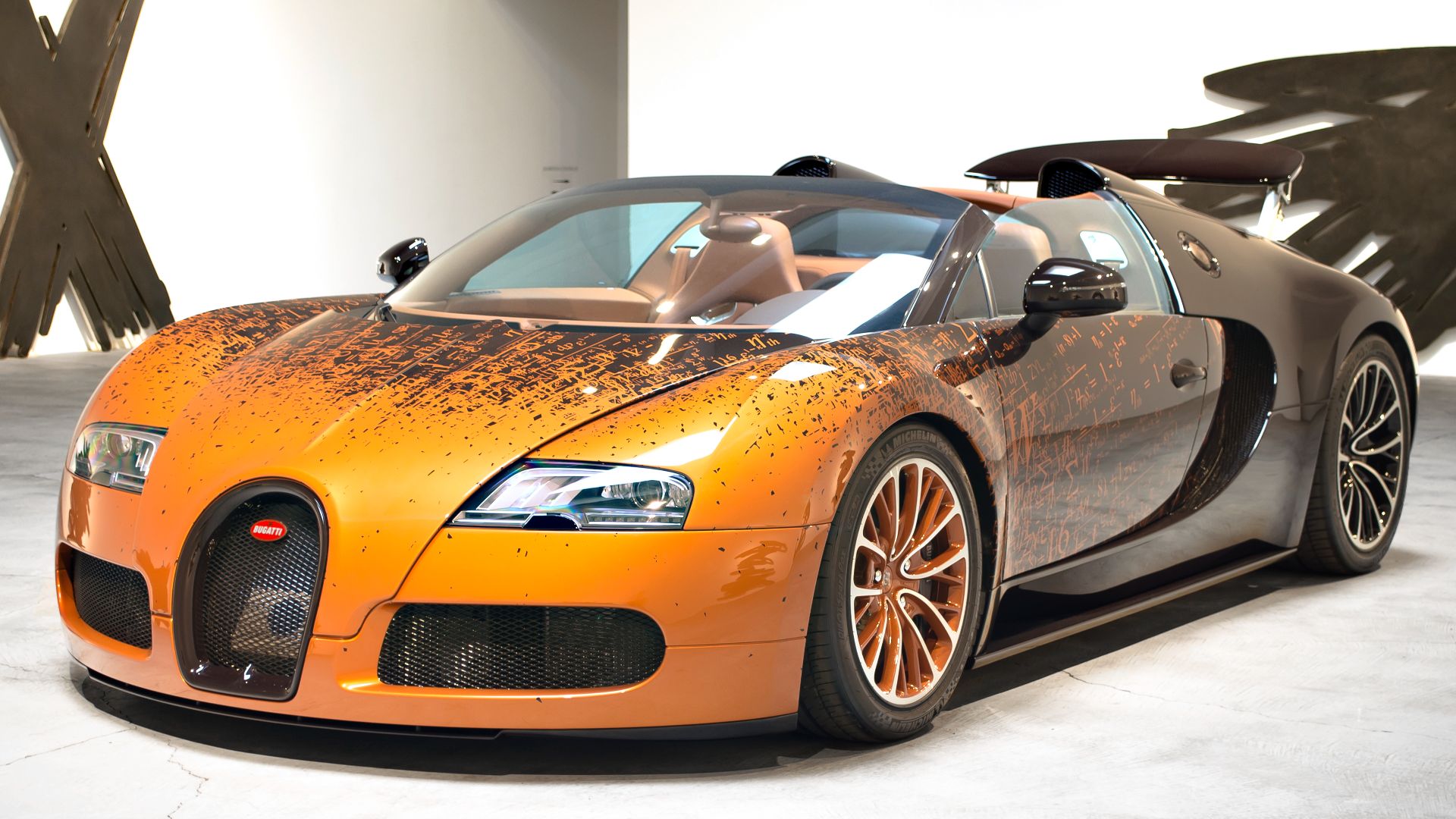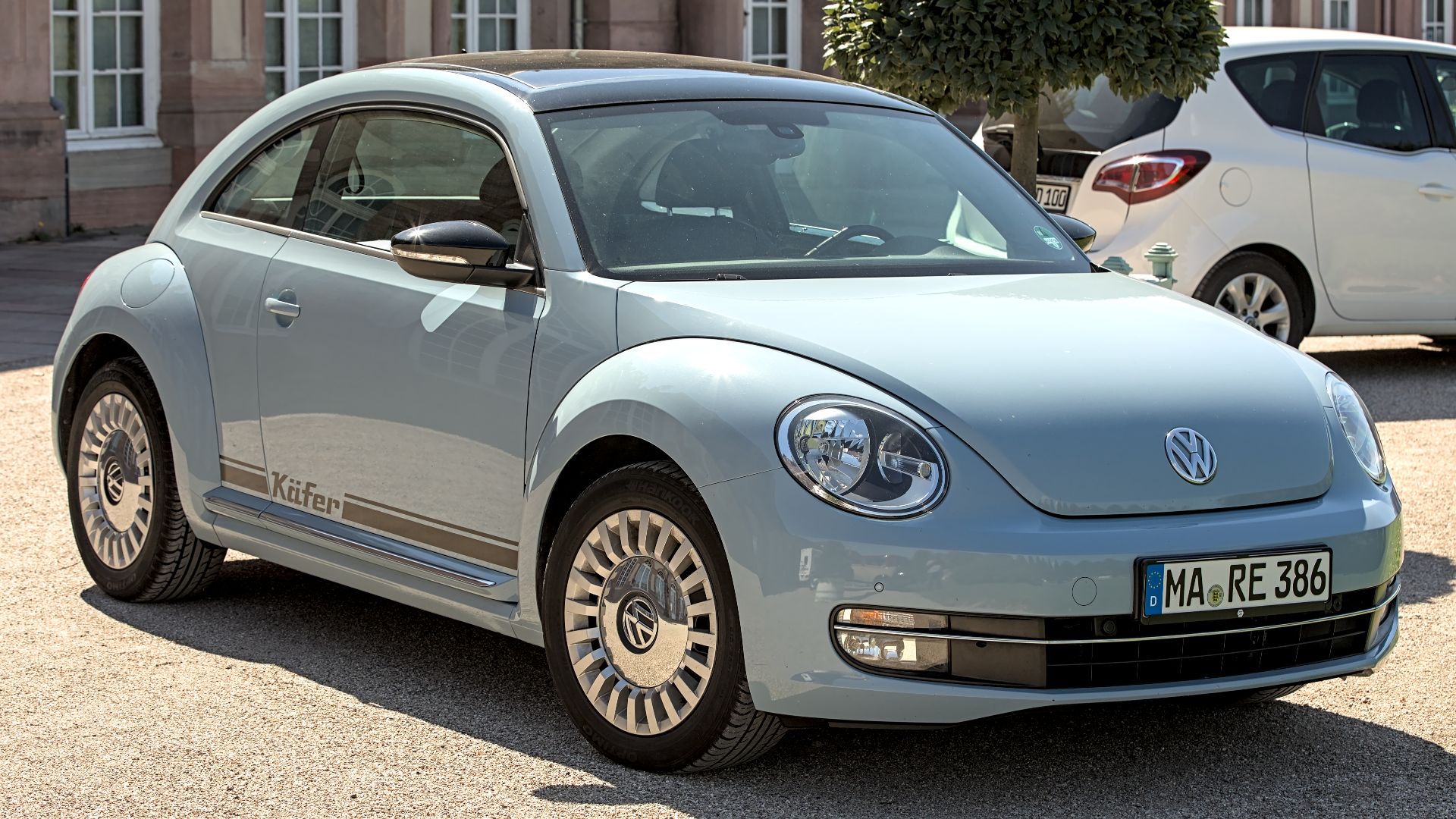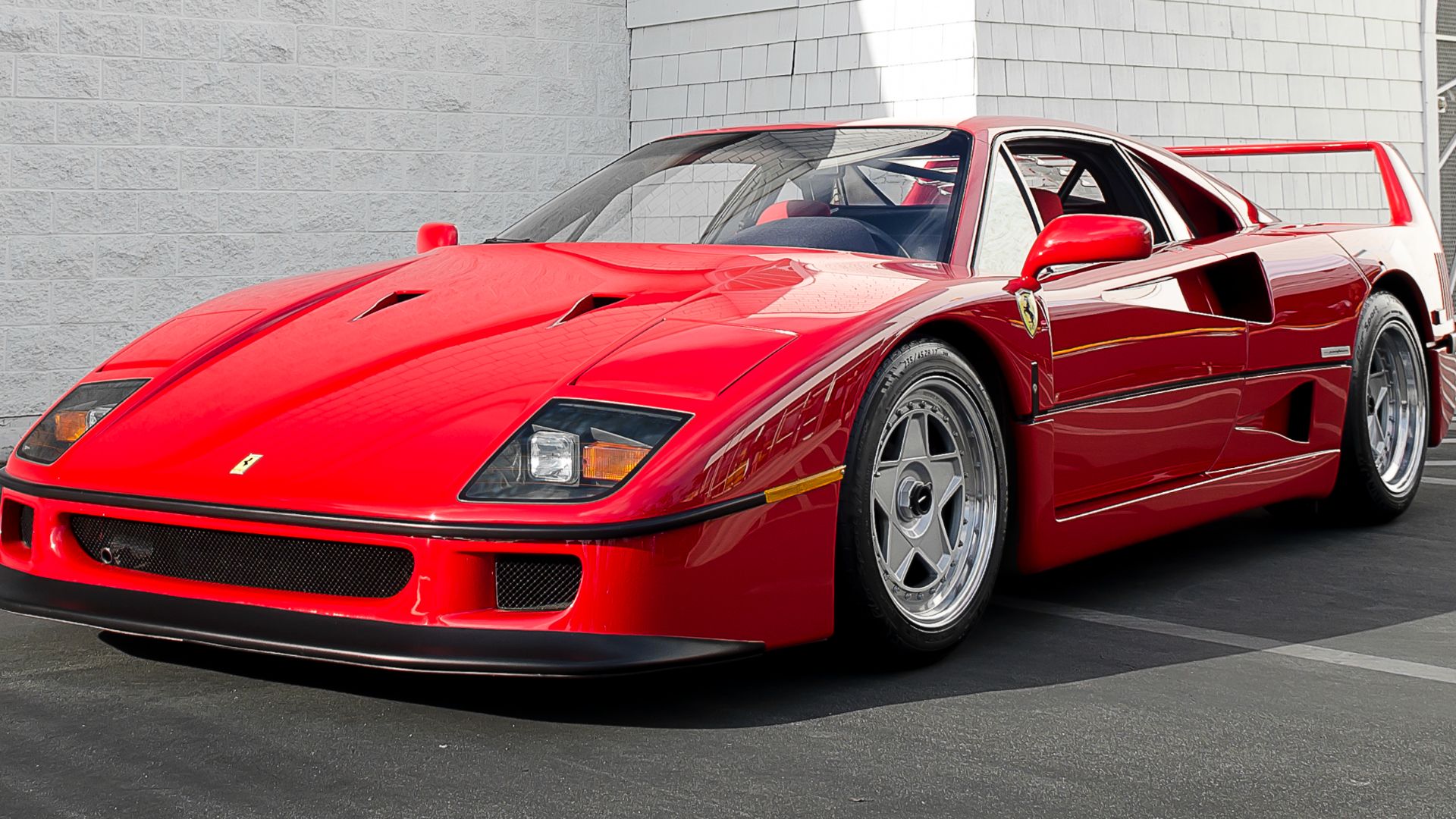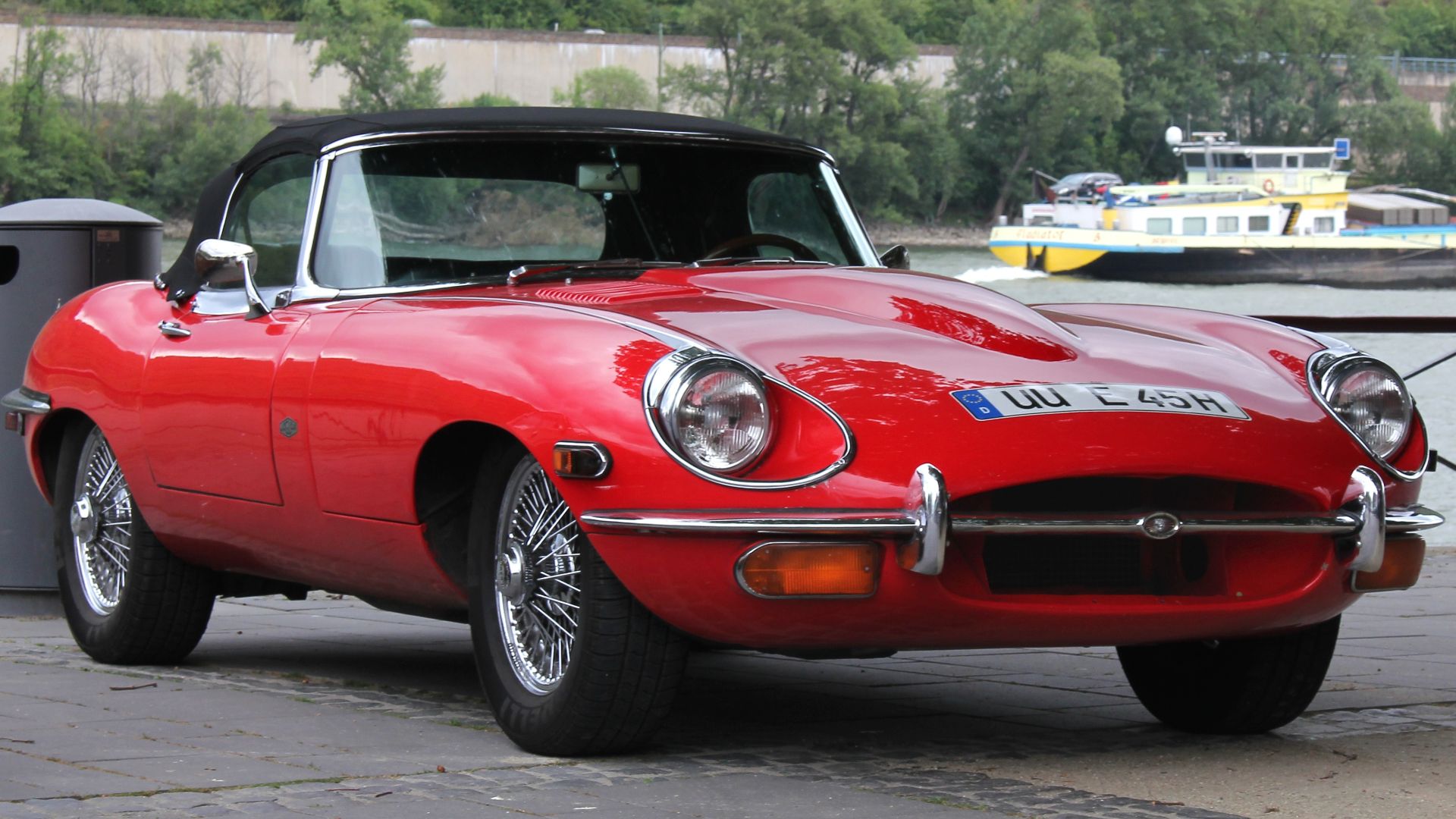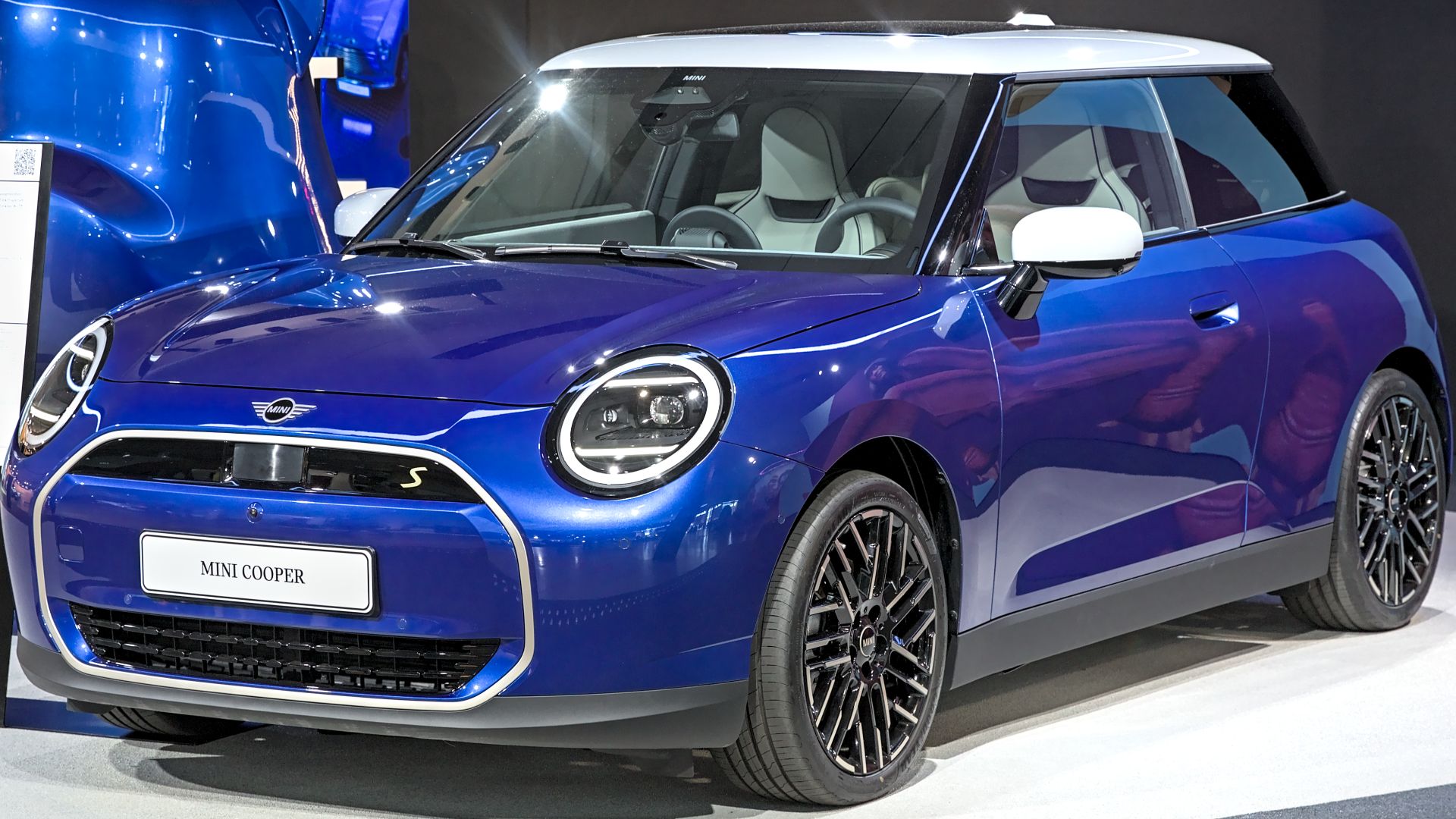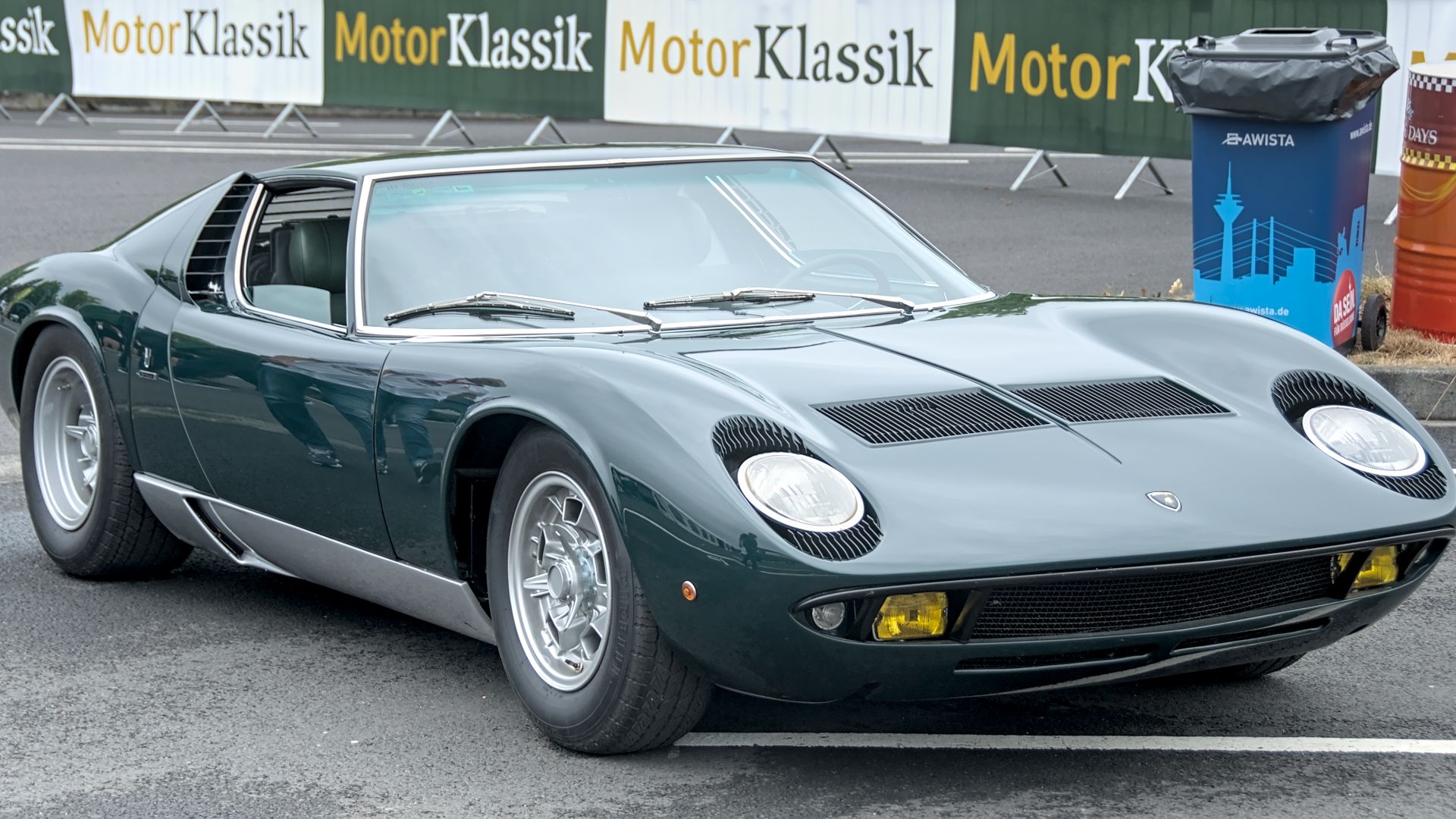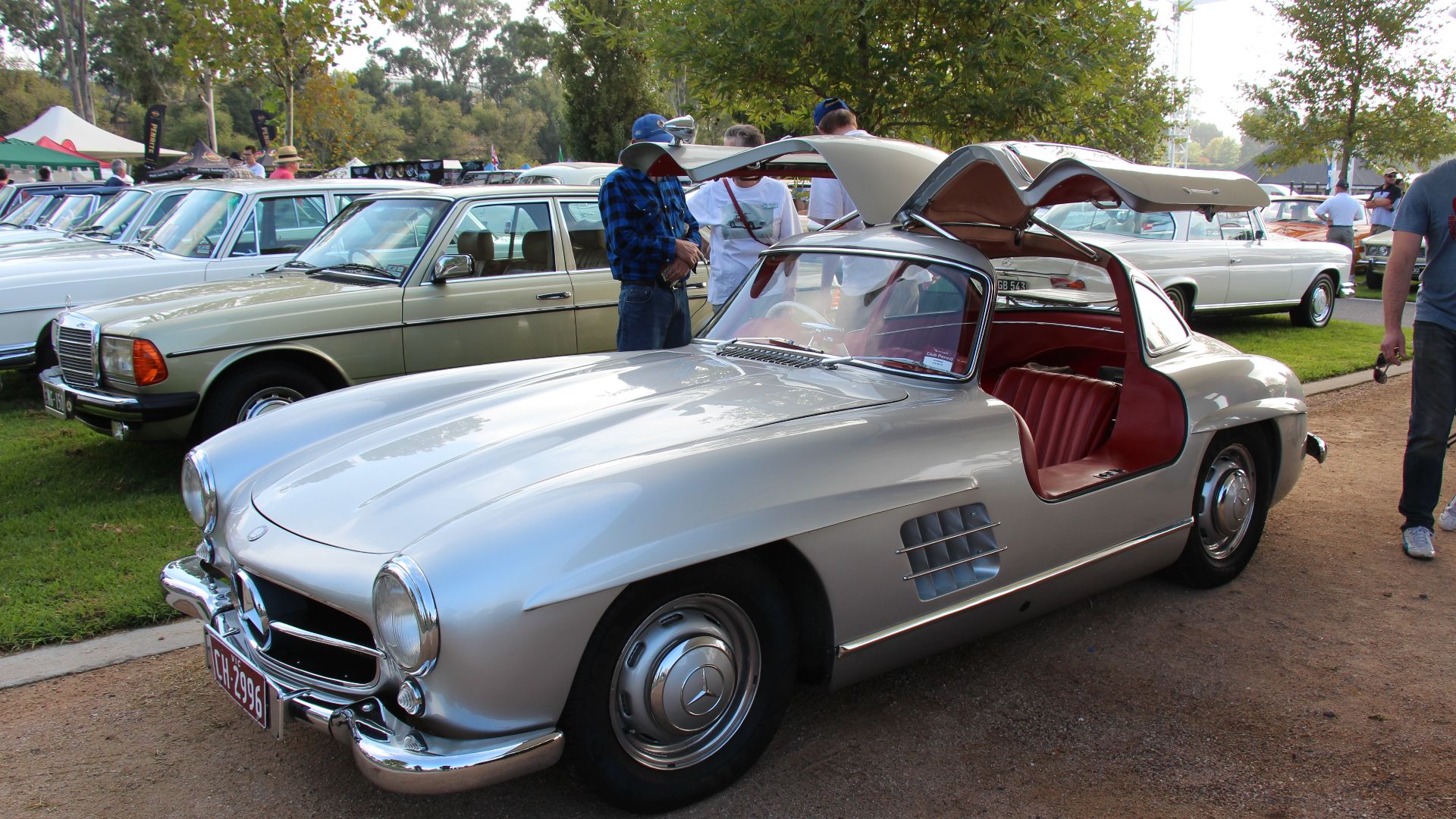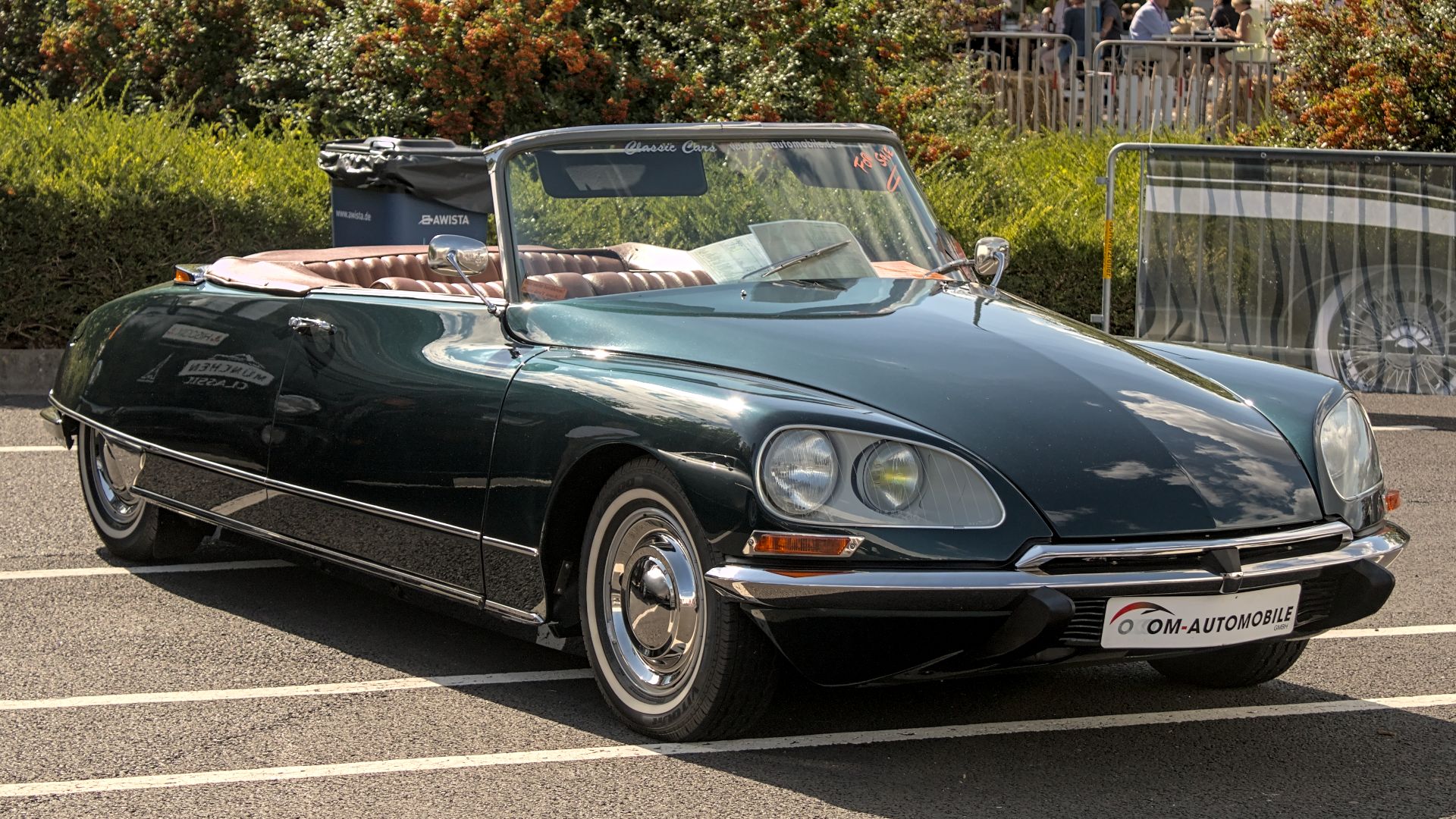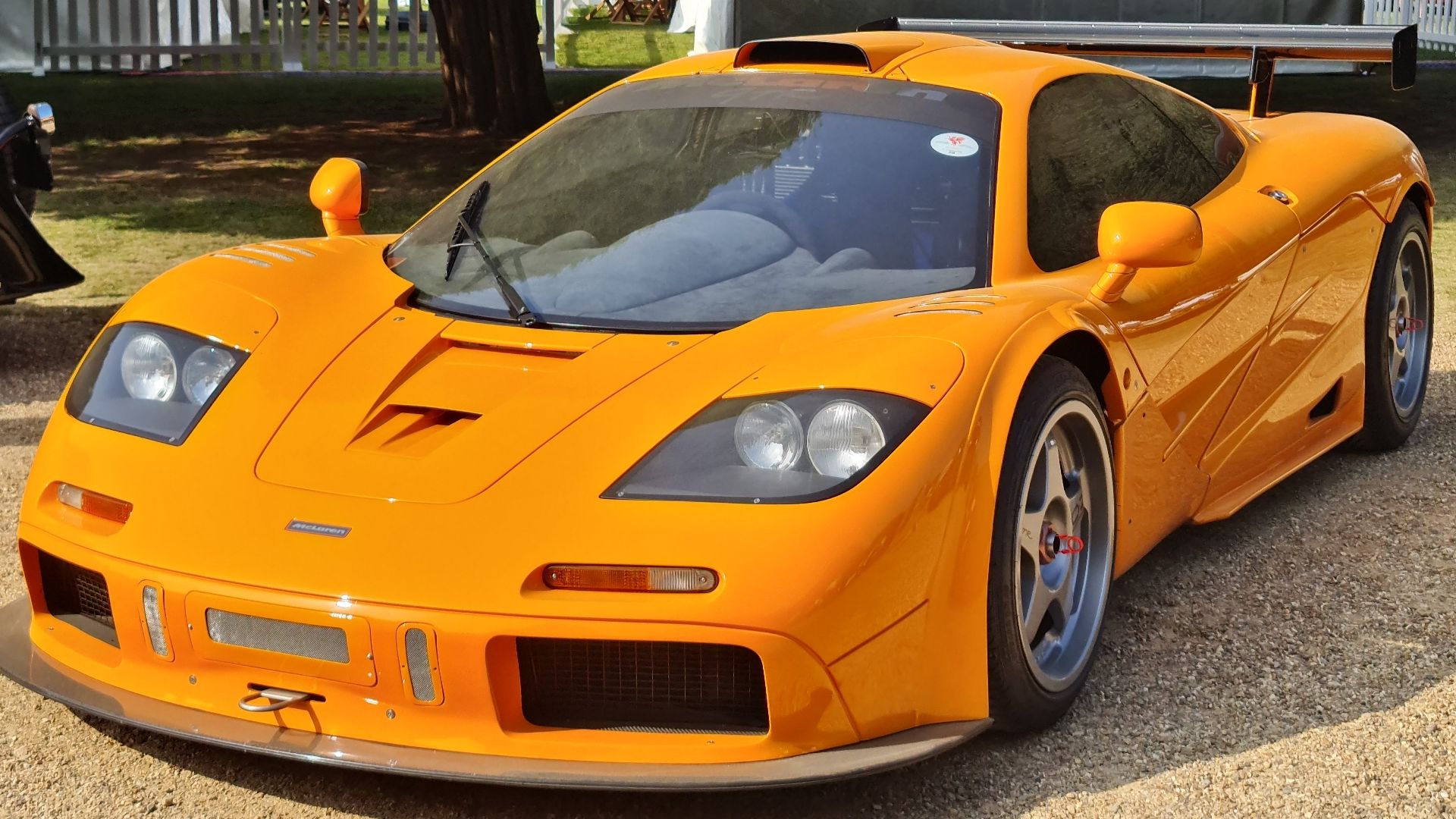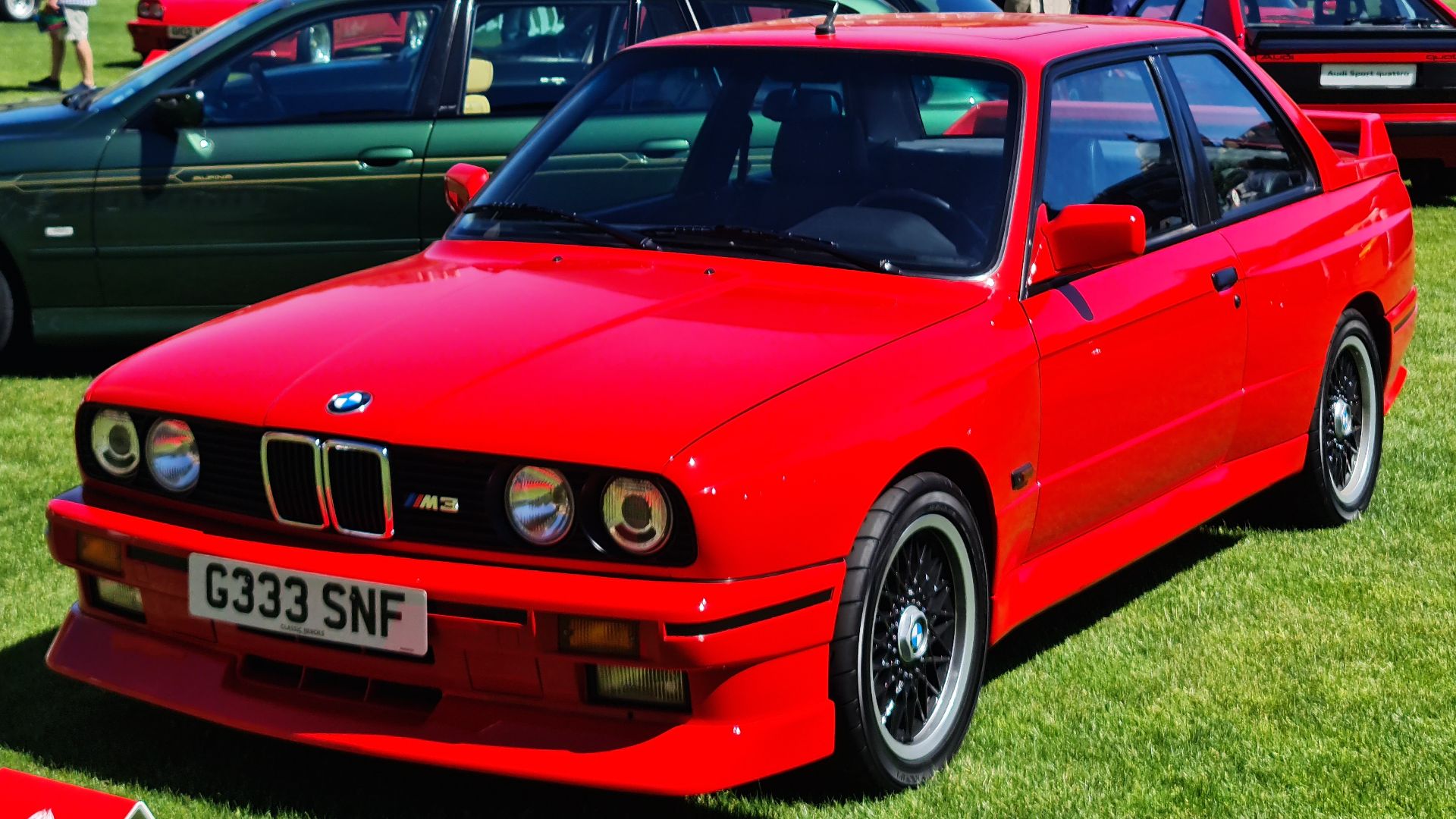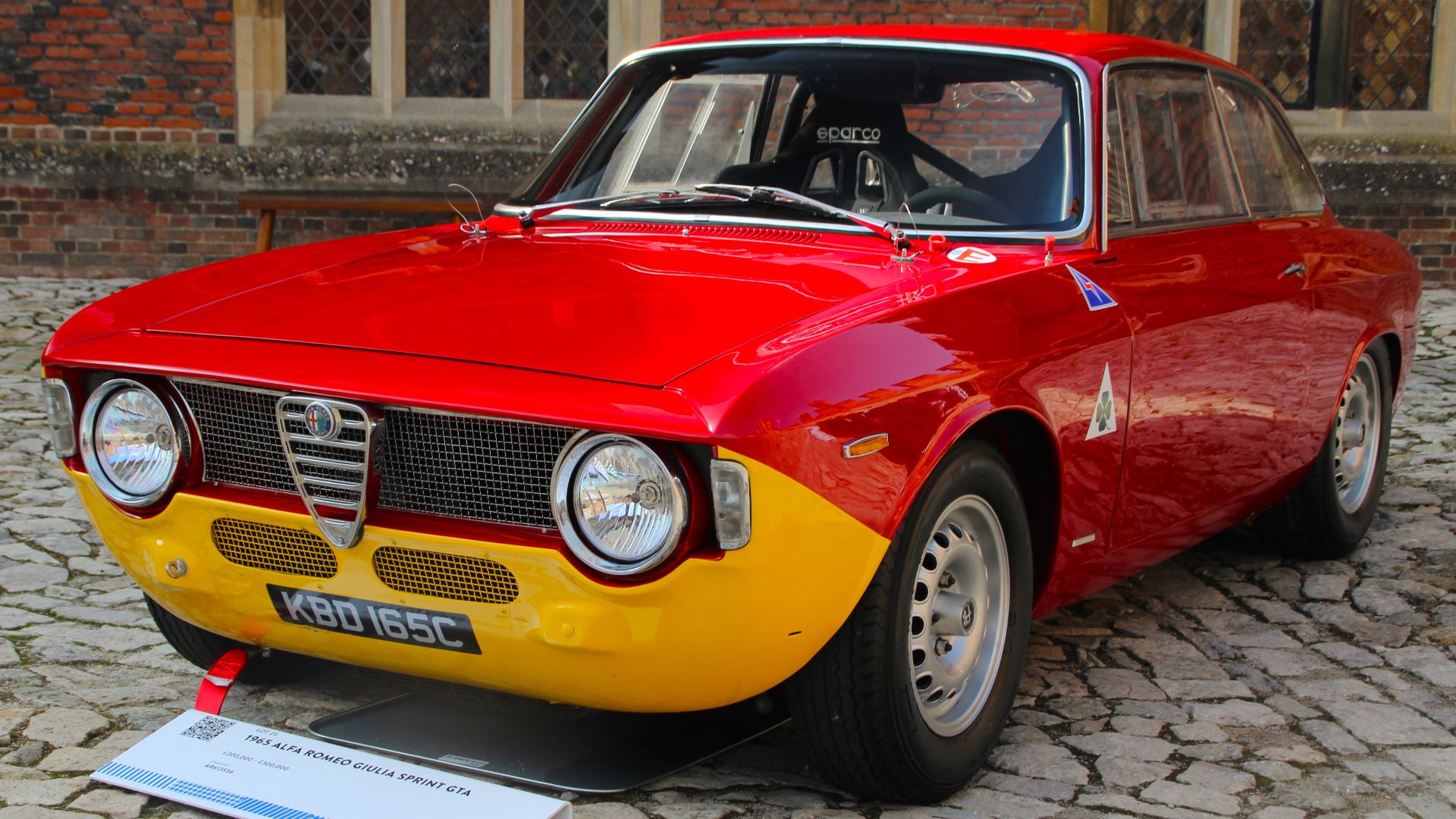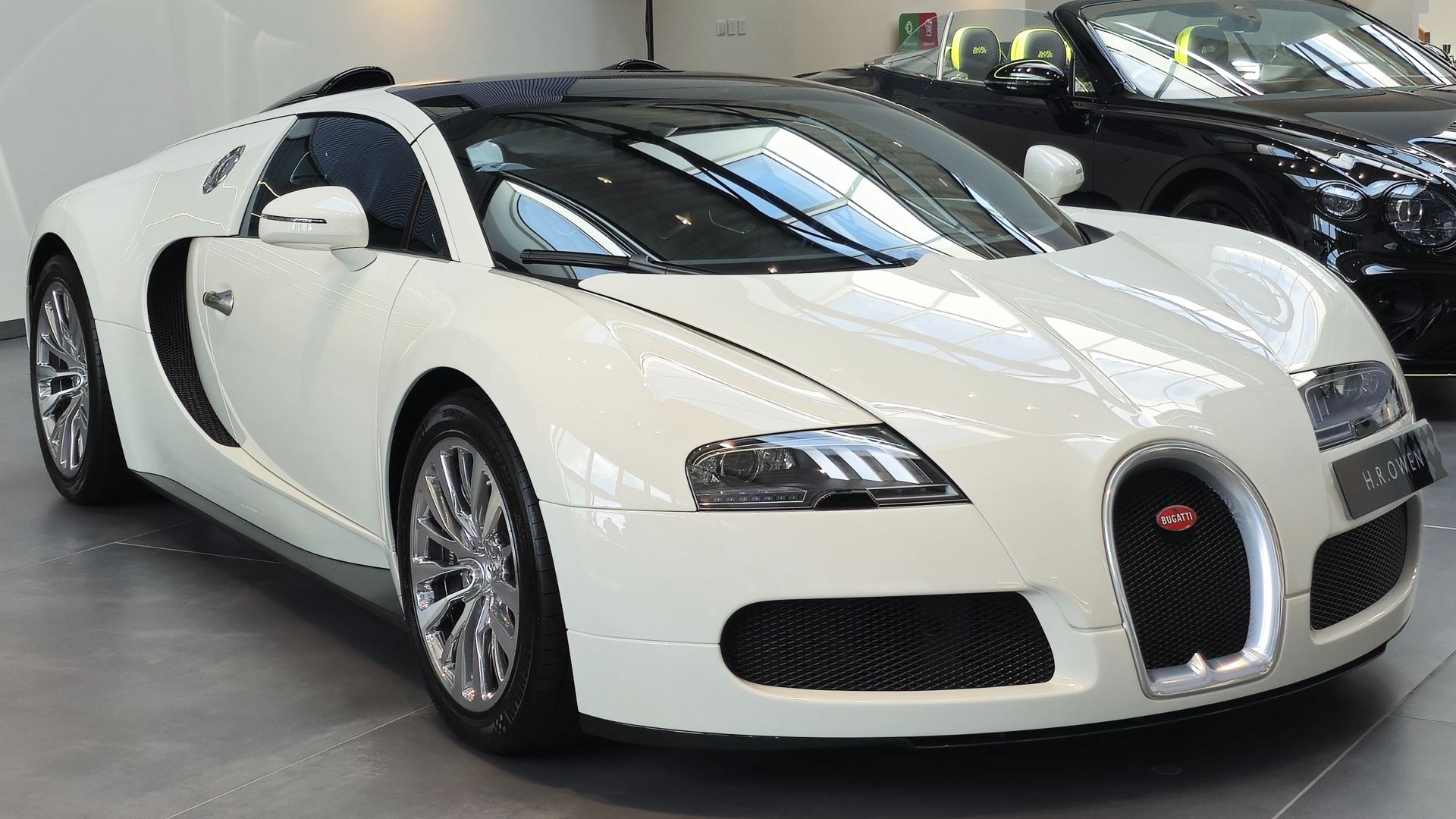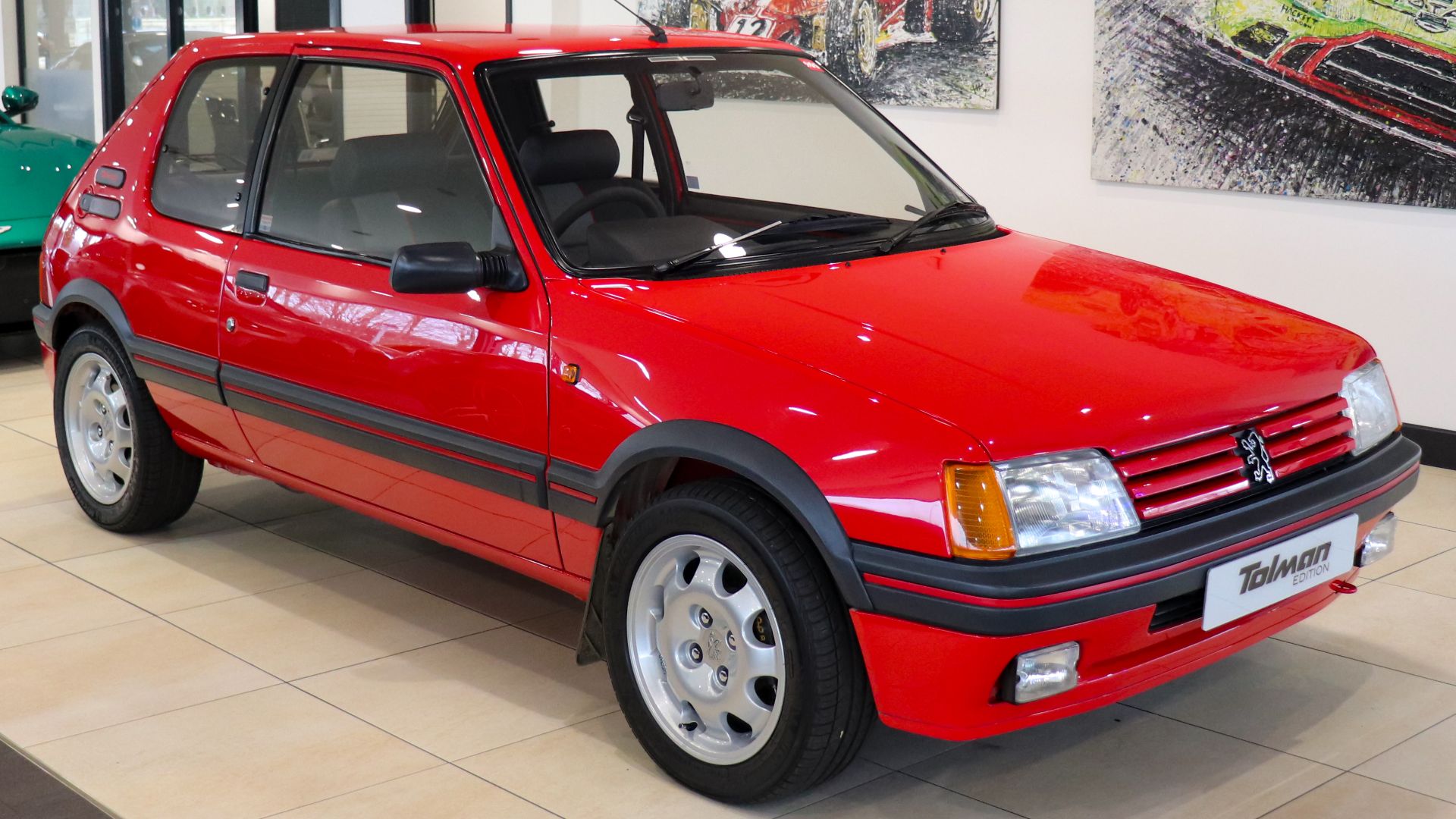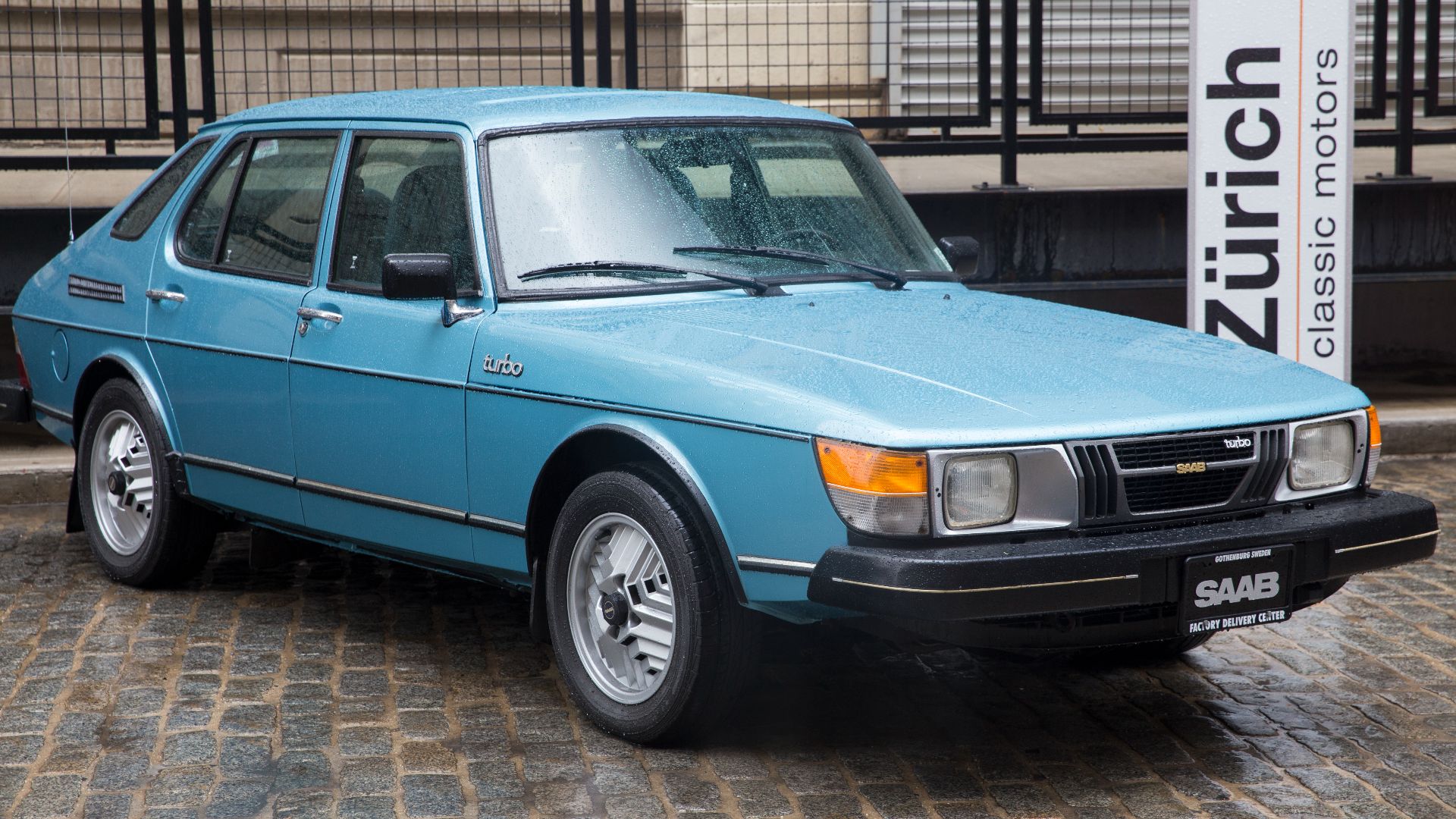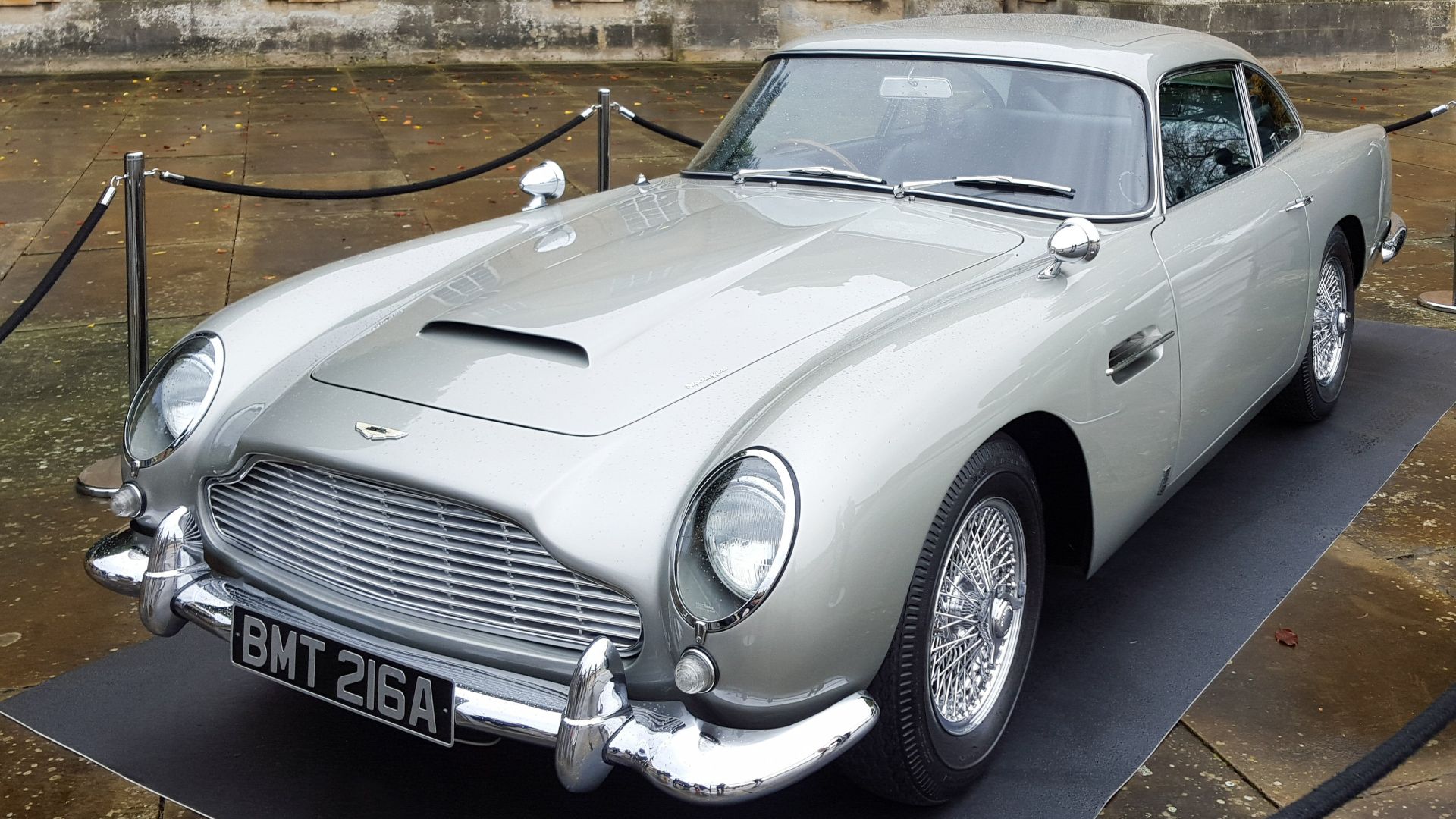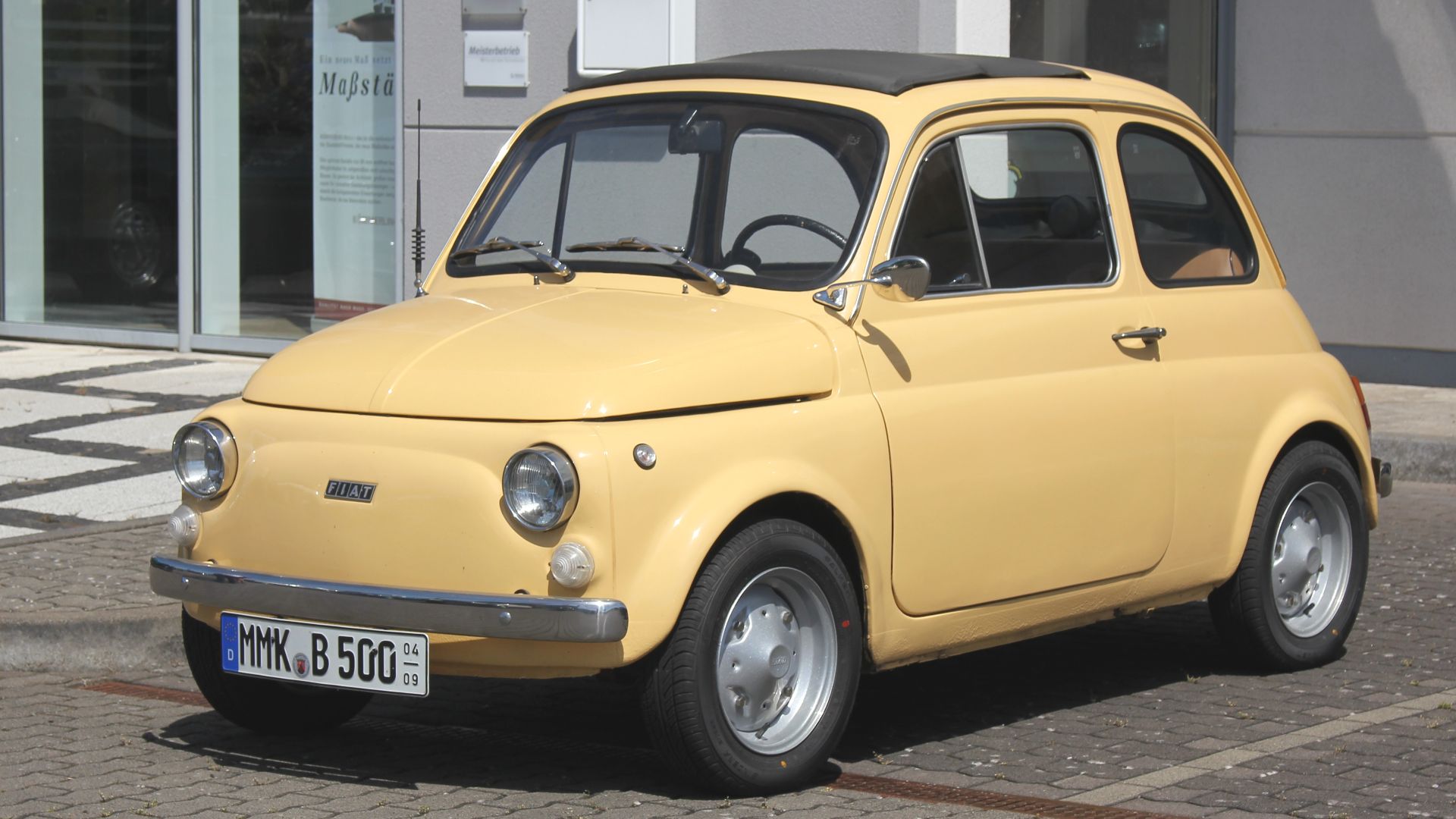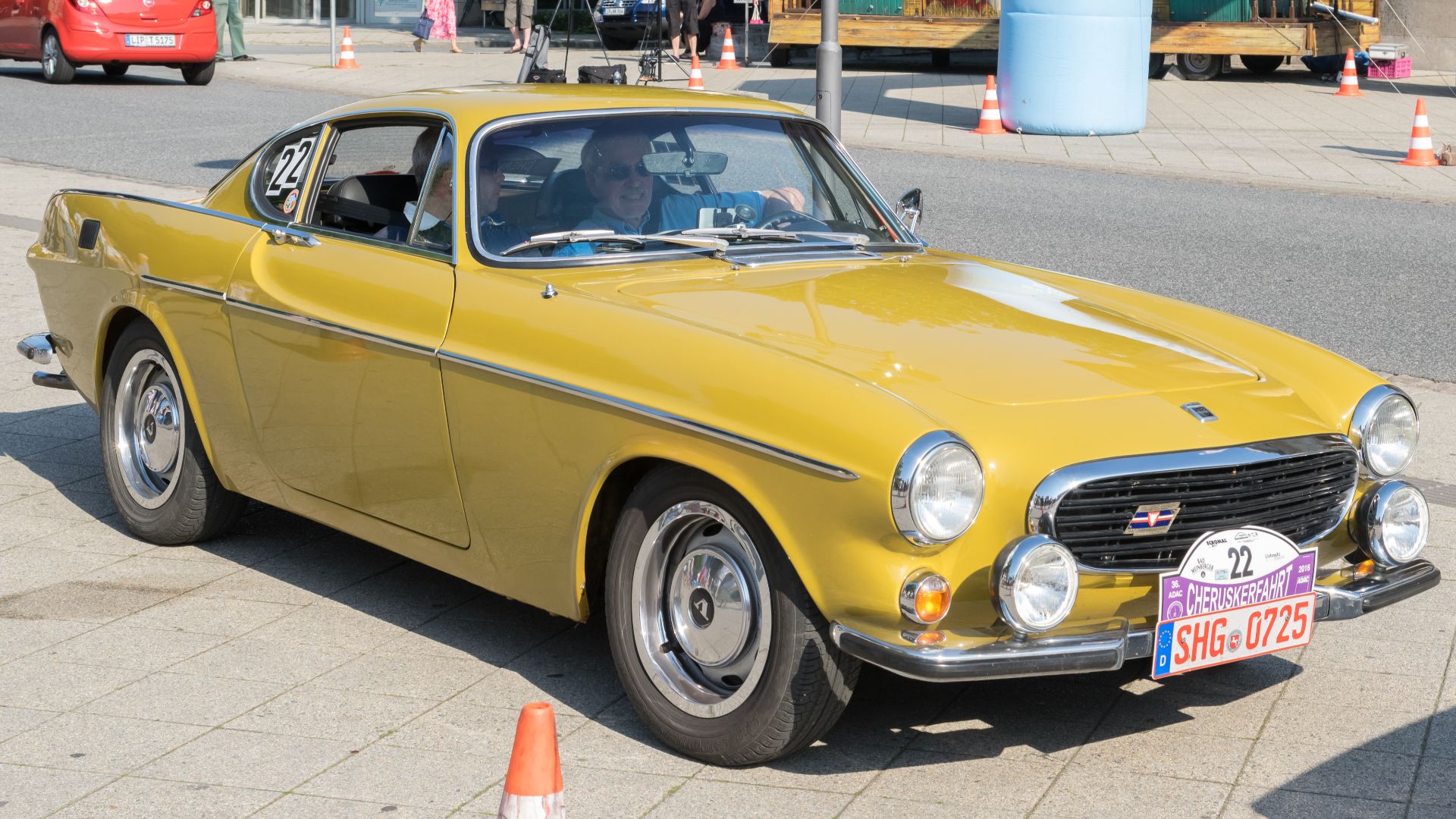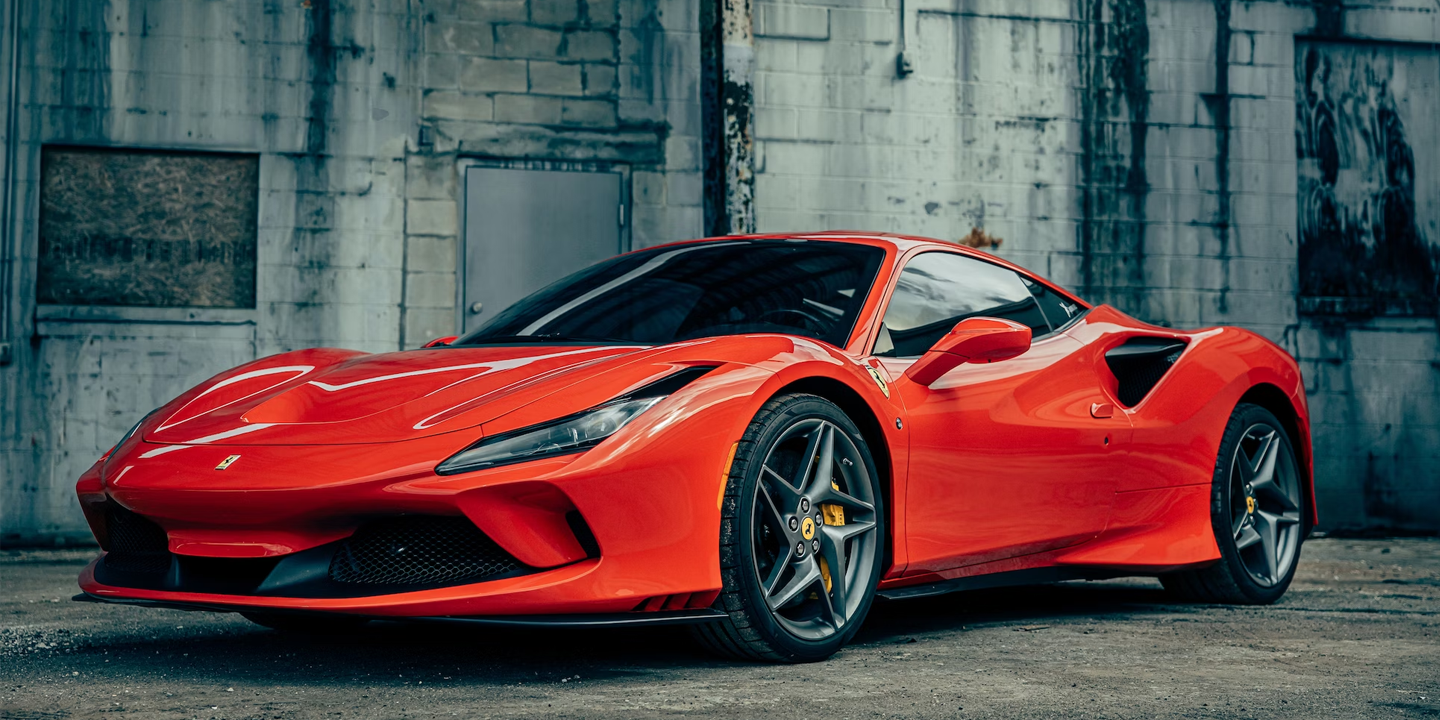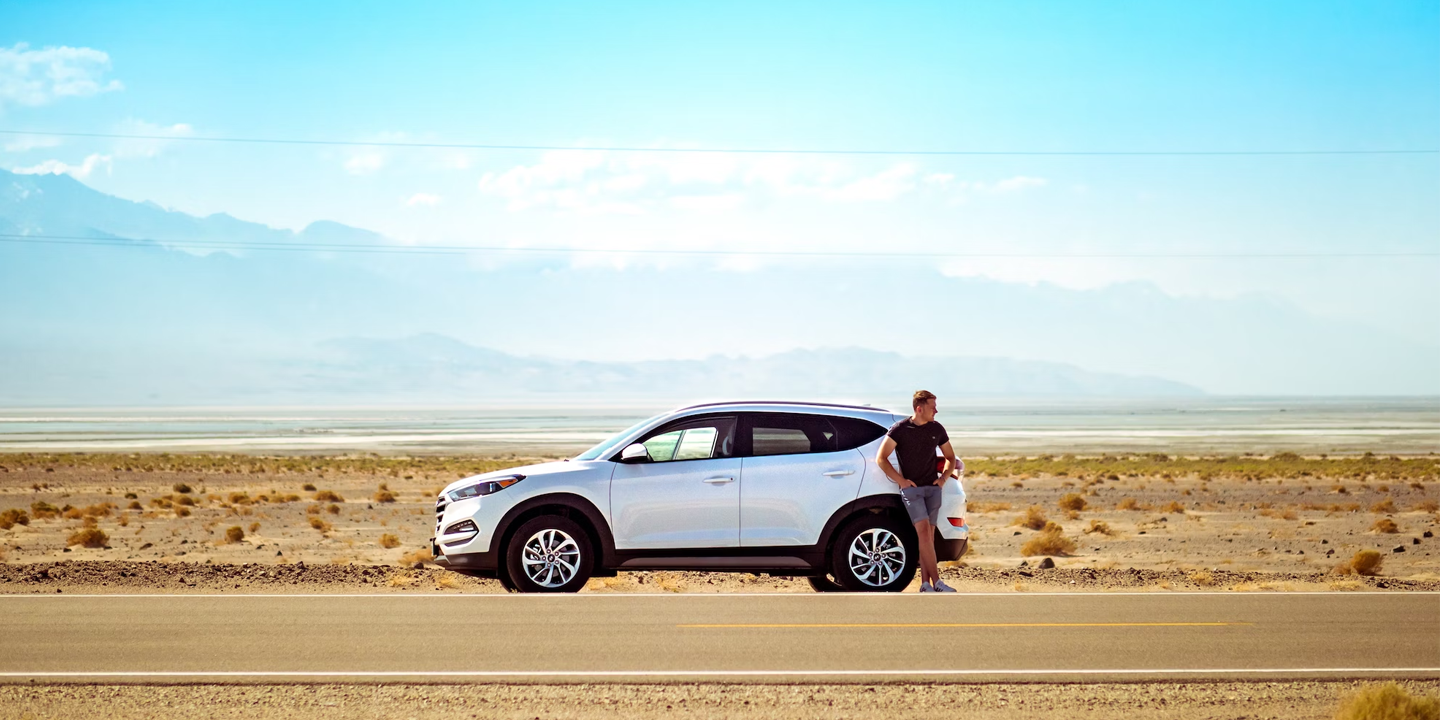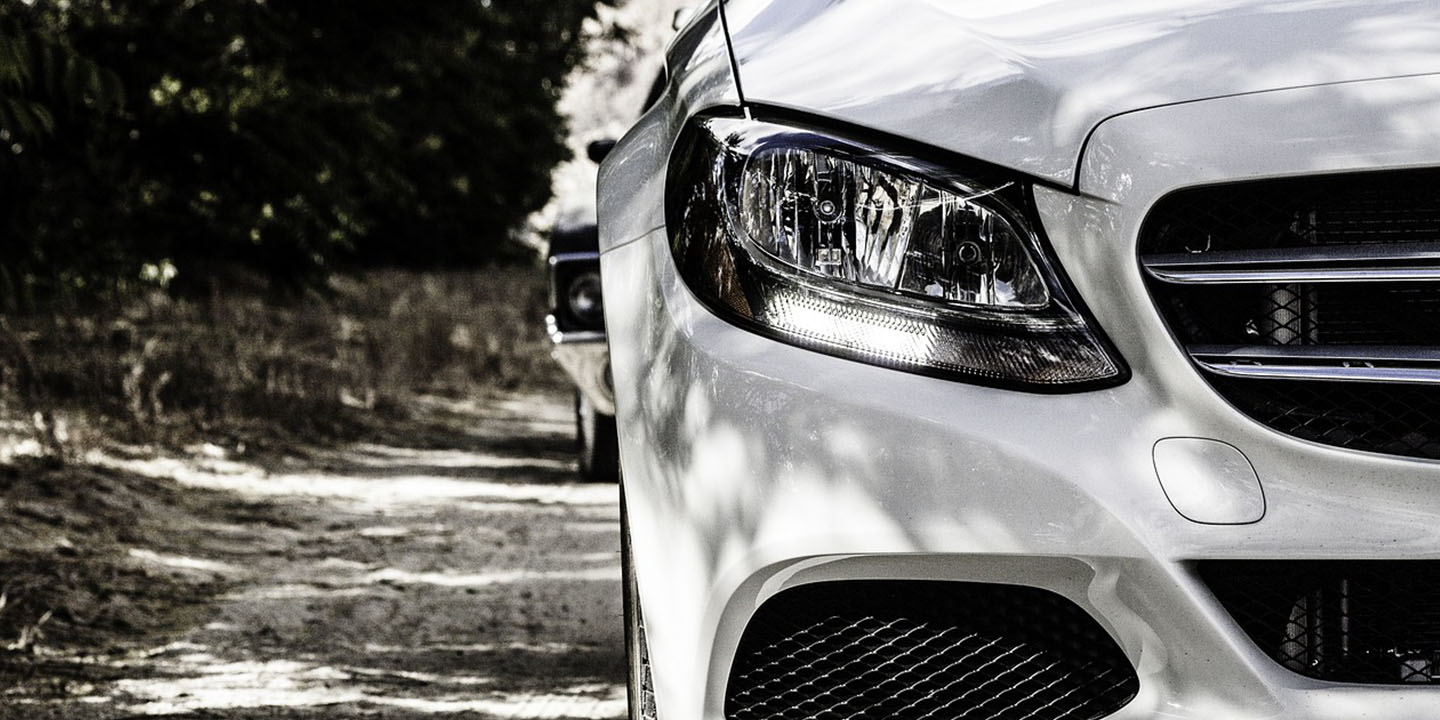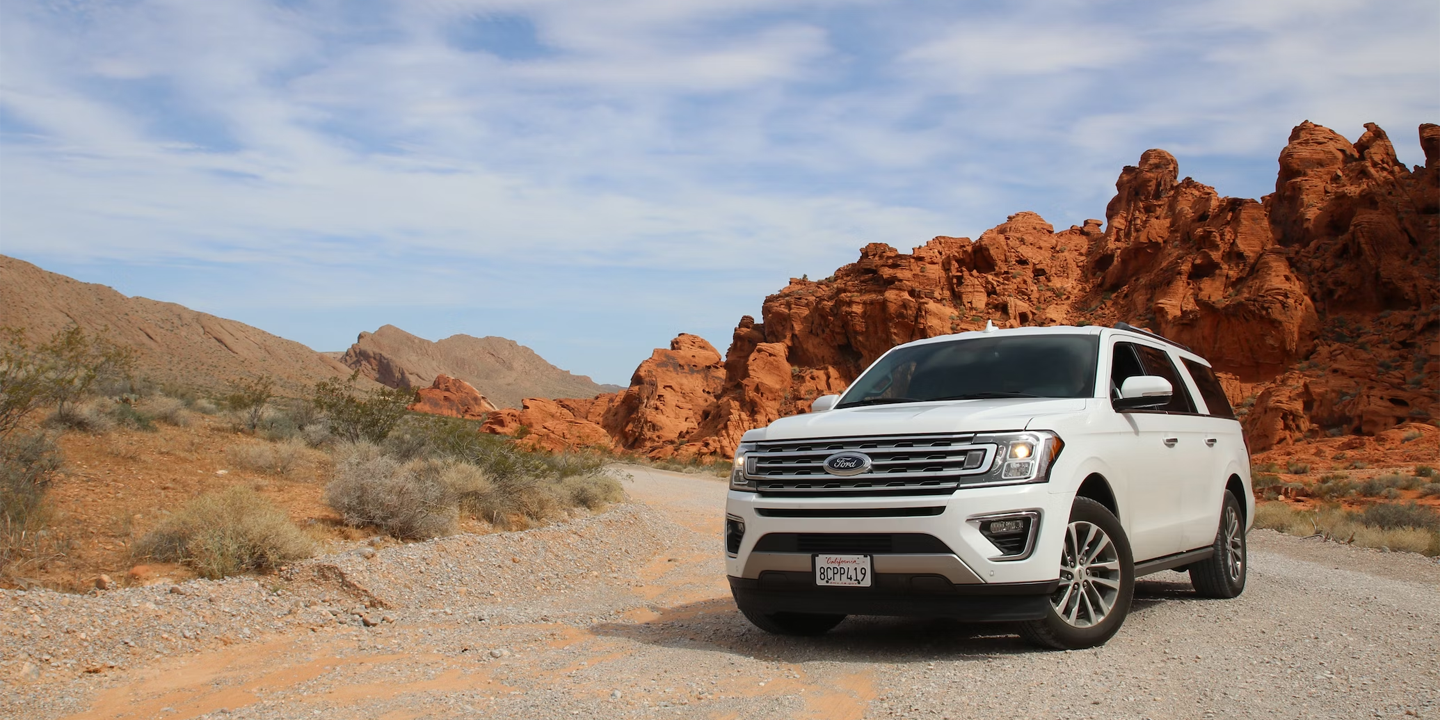European Legends On Wheels
Europe has always been at the heart of automotive innovation and style. Its legendary automakers have helped define the global auto scene, rolling out some of the most celebrated and game-changing vehicles ever to grace the open road. So, let’s take a look at the 20 most iconic European cars of all time.
1. Volkswagen Beetle (Germany)
The Volkswagen Beetle, first launched in 1938 and mass-produced from 1945, became a global icon with over 21 million units sold. Its rear-mounted air-cooled flat-four engine made it simple, reliable, and instantly recognizable thanks to its unique, rounded design.
2. Ferrari F40 (Italy)
Unveiled in 1987, the Ferrari F40 was the last car that Enzo Ferrari personally approved. It featured a 2.9-liter twin-turbocharged V8 producing 478 hp, making it the first production car to exceed 200 mph. Its lightweight carbon fiber and Kevlar construction prioritized performance over comfort.
3. Jaguar E-Type (United Kingdom)
This car wowed the world with its stunning design and cutting-edge engineering. Powered by a 3.8-liter (later 4.2-liter) inline-six engine, it featured disc brakes and independent suspension. Enzo Ferrari famously praised it as “the most beautiful car ever made.”
4. Porsche 911 (Germany)
After its debut in 1964, the Porsche 911 became one of the longest-running sports car lines in history. The car had a rear-mounted flat-six engine and offered exceptional handling and balance. It has dominated motorsports, especially in endurance racing.
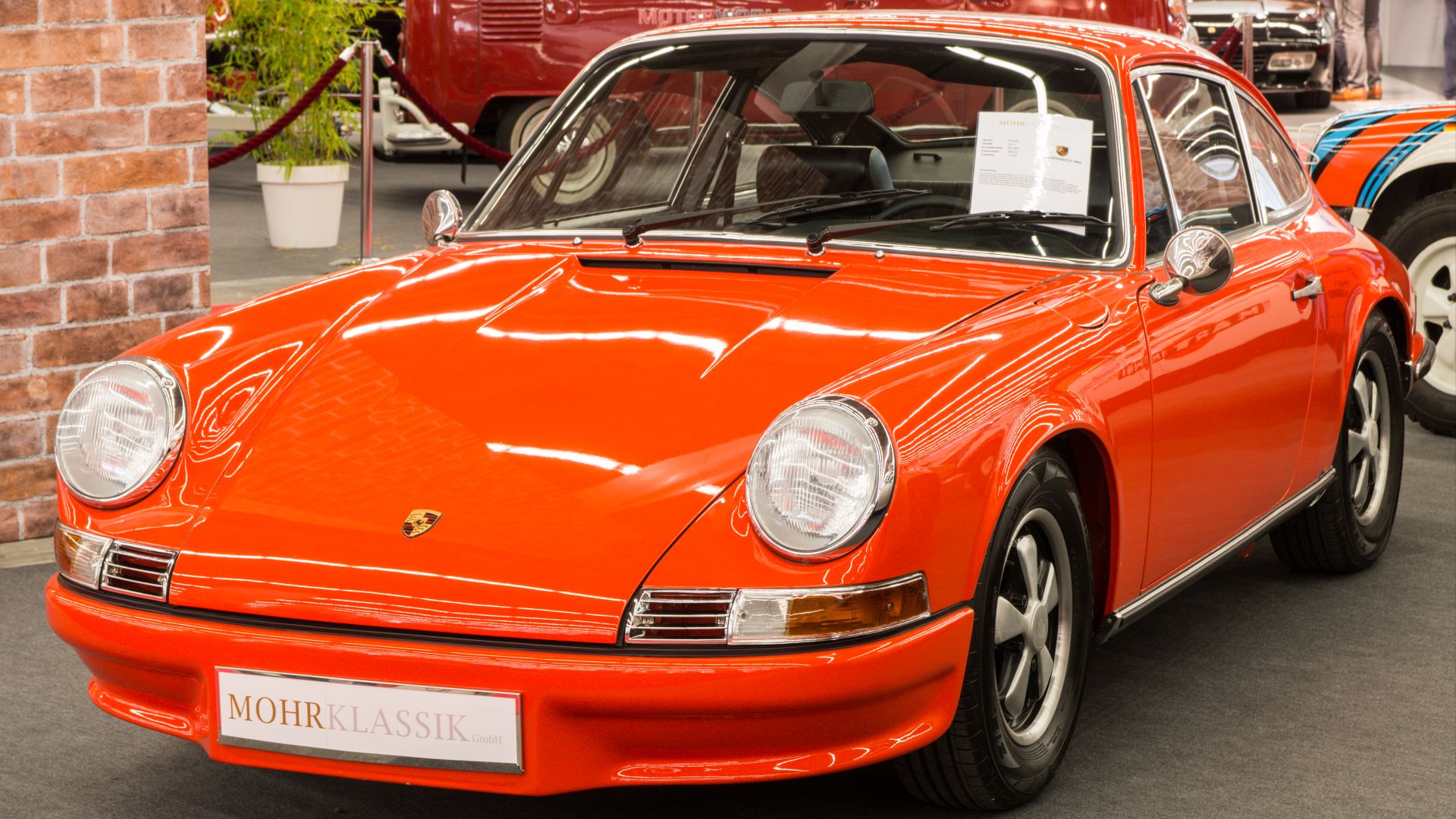 Johannes Maximilian on Wikimedia
Johannes Maximilian on Wikimedia
5. Mini Cooper (United Kingdom)
The Mini Cooper, first released in 1959 by the British Motor Corporation, transformed small car design. Its transverse engine and front-wheel drive impressed drivers by offering roomy interiors in a tiny frame. The sporty Mini Cooper variant soon became a rally racing icon.
6. Lamborghini Miura (Italy)
This Italian automobile is often credited as the world’s first supercar. With a mid-engine layout and a 3.9-liter V12 producing up to 385 hp, it featured a stunning body designed by Marcello Gandini at Bertone. The Miura set the tone for every exotic car that followed.
7. Mercedes-Benz 300SL Gullwing (Germany)
The 1954 Mercedes-Benz 300SL Gullwing surprised the automotive world with its innovative gullwing doors and advanced technology. Its 3.0-liter inline-six engine featured direct fuel injection, a world-first for production cars. It produced 215 hp and reached a record 161 mph.
8. Citroen DS (France)
Launched in 1955, the Citroen DS was decades ahead of its time in technology and design. Innovations like hydropneumatic suspension, power steering, and later, swiveling headlights were firsts of their kind. The DS was celebrated for its comfort and influence on automotive engineering.
9. McLaren F1 (United Kingdom)
McLaren's F1 was a revolutionary supercar with a central driving position and gold-lined engine bay. A naturally aspirated 6.1-liter V12, built by BMW, produced 618 hp and propelled it to a top speed of 240.1 mph—a record for a production car for years.
10. BMW M3 E30 (Germany)
The first BMW M3, launched in 1986, was built to homologate the car for touring car racing. Depending on the variant, it used a high-revving 2.3-liter inline-four engine producing 192–235 hp. Features, like its precise steering and chassis balance, are still admired today.
11. Alfa Romeo Giulia Sprint GTA (Italy)
Only 500 road-legal units of the Alfa Romeo Giulia Sprint GTA were produced to satisfy homologation rules. A lightweight performance variant of the Giulia GT, it featured aluminum body panels and a twin-cam 1.6-liter engine producing 170 hp in racing trim.
12. Bugatti Veyron (France)
With prices roaring past $1 million, the Bugatti turned heads when it debuted in 2005 under the Volkswagen Group. It shattered expectations for production cars, boasting a massive 8.0-liter W16 engine with four turbochargers. The result? A jaw-dropping 1,001 hp and a top speed of 253 mph.
13. Audi Quattro (Germany)
The Audi Quattro packed a punch with its 200-hp turbocharged 2.1-liter inline-five engine, delivering thrilling speed. Its groundbreaking permanent all-wheel-drive system changed the face of rally racing and set the standard for future AWD cars. Both on the track and the road, it became a true legend.
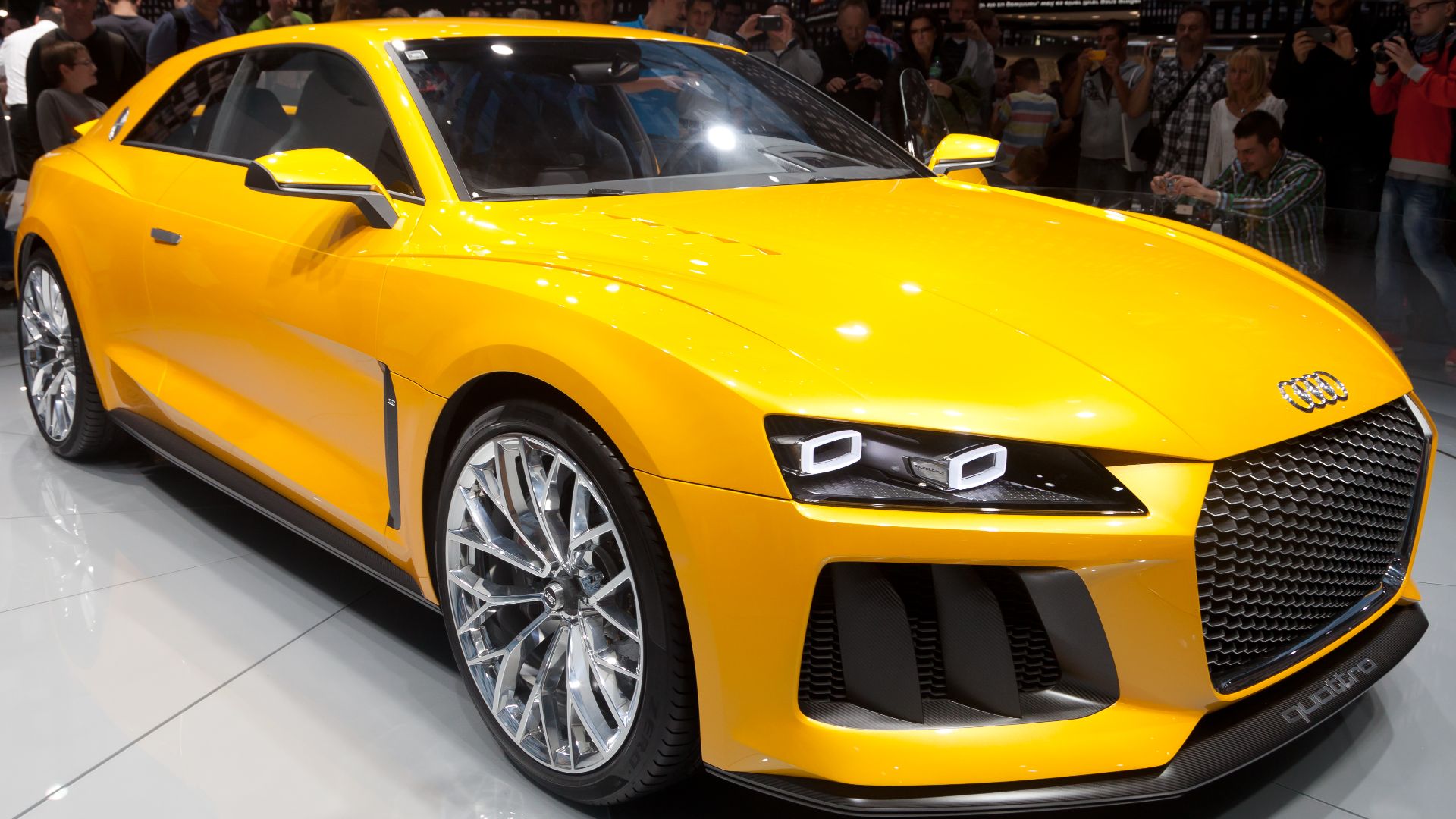 Thomas Wolf, www.foto-tw.de on Wikimedia
Thomas Wolf, www.foto-tw.de on Wikimedia
14. Peugeot 205 GTI (France)
Often hailed as France’s ultimate hot hatch, the 205 GTI hit the scene in 1984. Its 1.6-liter engine—later upgraded to 1.9—offered lively performance paired with a light, agile chassis. Decades later, it’s still celebrated as one of the finest driver’s cars of the 1980s.
15. Renault 5 Turbo (France)
This was one of the wildest hot hatches of its era. Only about 5,000 units were made, making it highly collectible. It launched in 1980 and had a 160-hp turbocharged 1.4-liter engine. The Renault 5 Turbo’s rally success made it a homologation special.
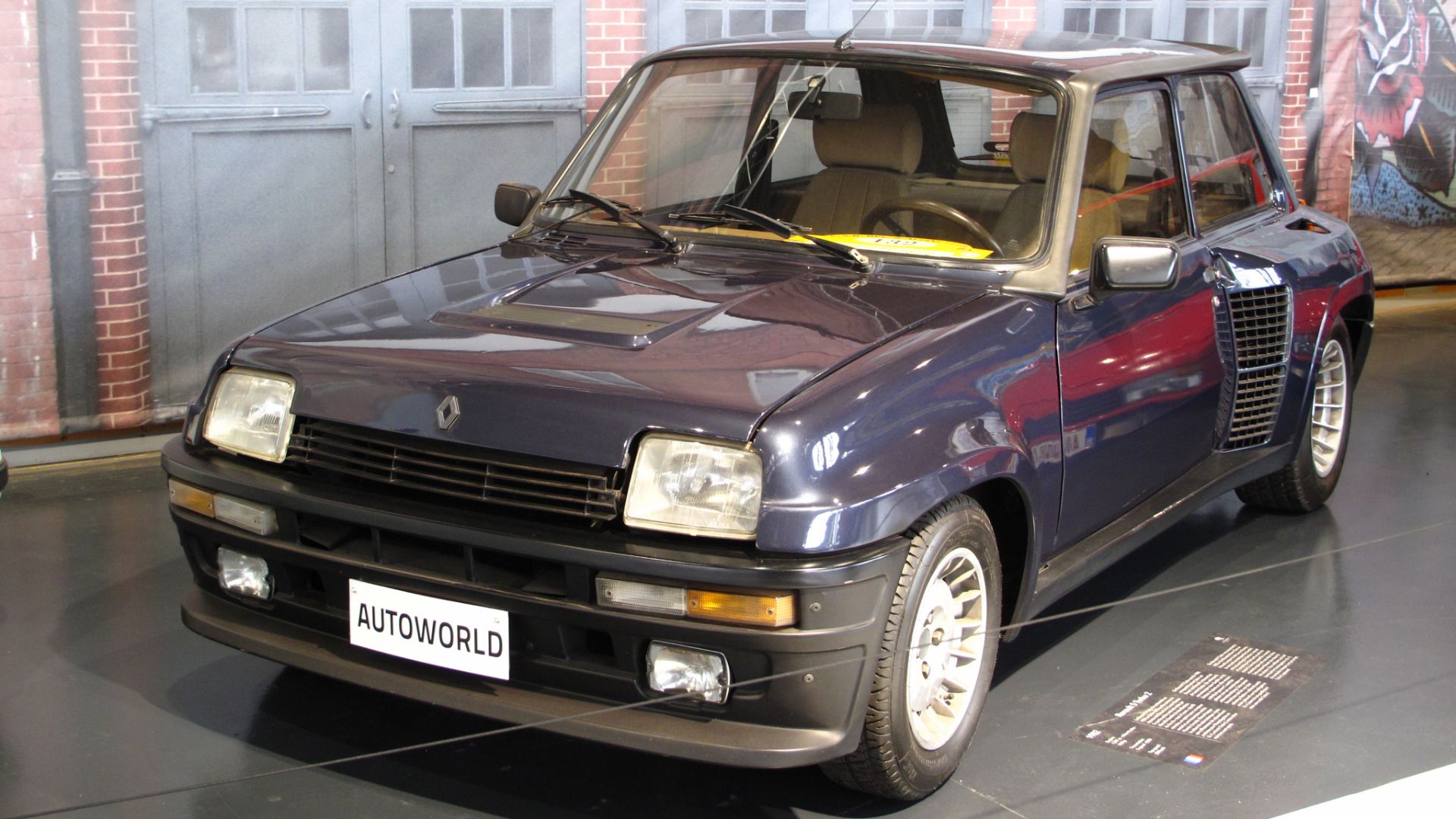 Rutger van der Maar on Wikimedia
Rutger van der Maar on Wikimedia
16. Saab 900 Turbo (Sweden)
Introduced in the late 1970s, the Saab 900 Turbo brought turbocharging to the mainstream with safety and practicality. It was known for its aircraft-inspired design, wraparound windshield, and crash safety. The 900 Turbo helped define Saab’s unique engineering approach.
17. Aston Martin DB5 (United Kingdom)
The DB5 is synonymous with British elegance and the James Bond franchise. Powered by a 4.0-liter inline-six producing 282 hp, it could reach 145 mph. This car combines luxury, craftsmanship, and performance in a timeless design.
18. Lancia Stratos (Italy)
Shortly after its 1973 debut, the Lancia Stratos dominated the World Rally Championship from 1974 to 1976. The vehicle remains one of the most iconic rally cars ever made. Production was limited to about 500 units for homologation.
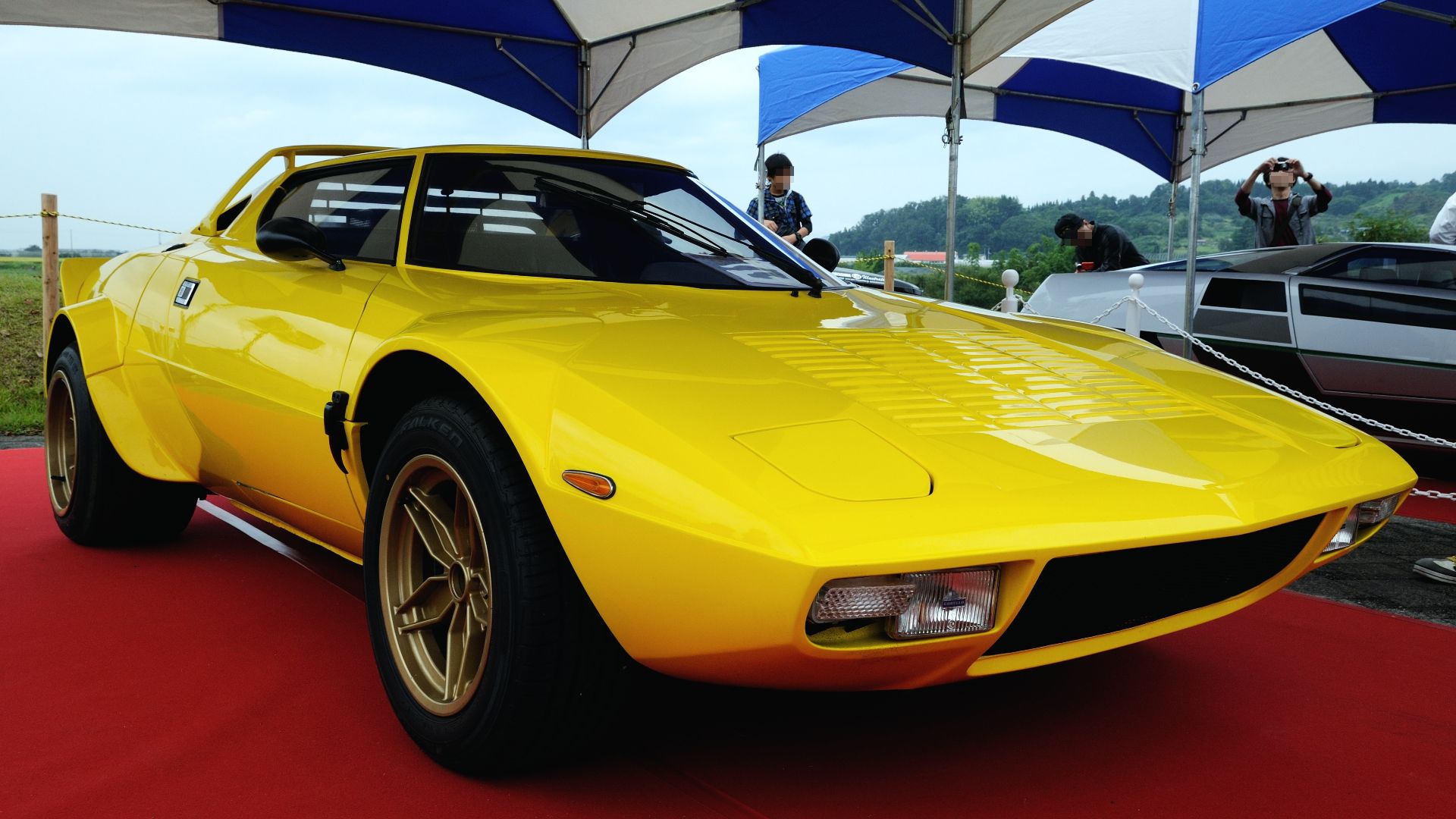 contri from Yonezawa-Shi, Yamagata, Japan on Wikimedia
contri from Yonezawa-Shi, Yamagata, Japan on Wikimedia
19. Fiat 500 (Italy)
After WW2, Italy needed an affordable postwar means of transportation. This led to the 1957 release of the Fiat 500. The car's 479cc two-cylinder engine delivered modest power but excellent fuel efficiency. Approximately 3.89 million were sold in its original production run.
20. Volvo P1800 (Sweden)
The durability of the Volvo P1800 became legendary when one example clocked over 3 million miles. It became widely known thanks to its role in The Saint, starring Roger Moore. Analysts call it the most beautiful Volvo ever made.


